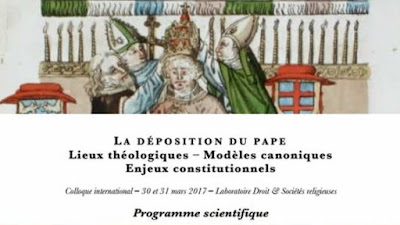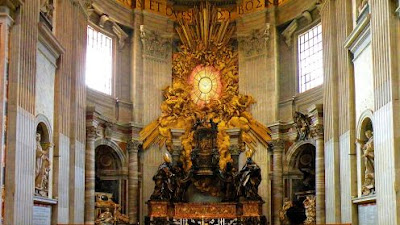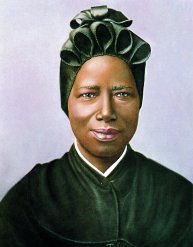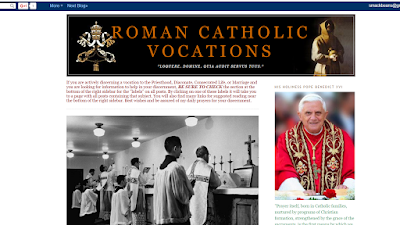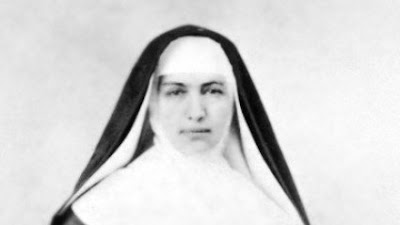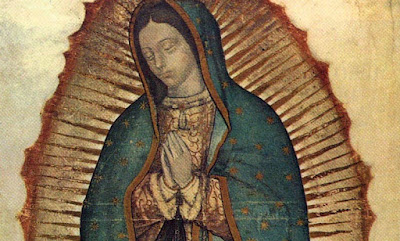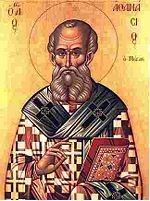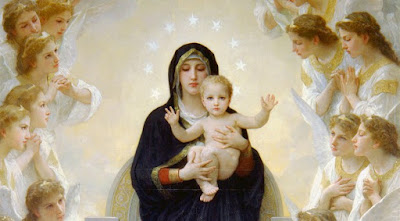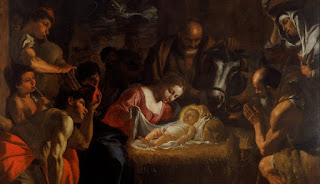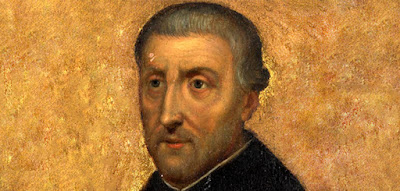Saint Catherine of Bologna, Patron Saint of Artists
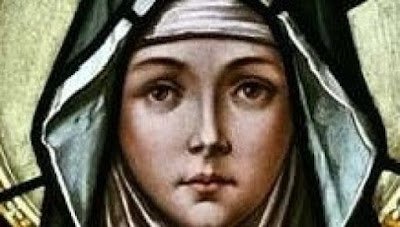
March 28th, is the optional memorial of Saint Catherine of Bologna (1413-1463), the 15th century sister, virgin, mystic, miracle worker and patron saint of artists and those facing temptation. Little is known of her formative years. She was born in Bologna, and served as the maid of honor to the Marquis of Ferrara's daughter. (Catherine’s father was an adviser to the Marquis.) Catherine took residence in the palace, and became friends with her mistress, Margaret. When Margaret became engaged, she asked Catherine to remain. Catherine instead perused her religious vocation. At age 14, she dedicated her life to God and entered the Third Order of the Franciscans where she lived as part of a semi-monastic community. Four years later, the community of women in Ferrara to which Catherine belonged joined the Order of the Poor Clares. Catherine continued in prayerful poverty and obedience, joyfully serving the Lord. She held numerous positions, working as a laundress, dressmaker, bread

